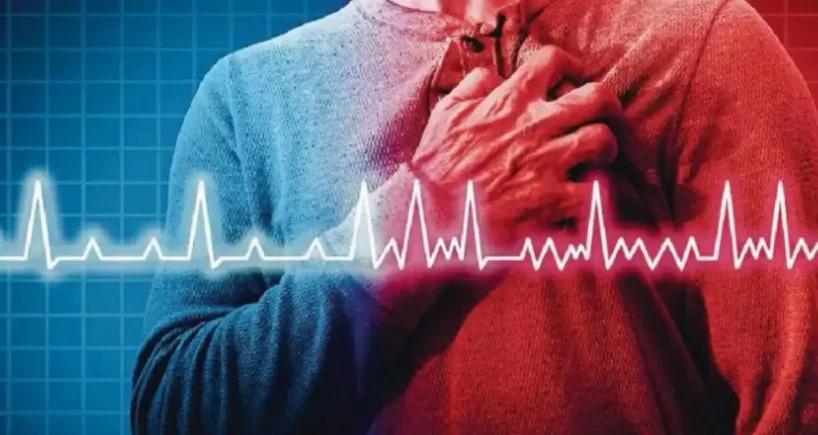
Understanding Cardiac Arrest: Causes, Symptoms, and Life-Saving Measures
Introduction
Cardiac arrest is a medical emergency that can strike without warning, affecting people of all ages and backgrounds. Understanding what cardiac arrest is, its causes, symptoms, and the critical steps to take when it occurs can make the difference between life and death. In this blog post, we will delve into the world of cardiac arrest, shedding light on its various aspects.
What is Cardiac Arrest?
Cardiac arrest is a sudden, life-threatening condition in which the heart abruptly stops beating or beats irregularly. When this happens, blood flow to vital organs, including the brain, ceases, leading to a loss of consciousness and, if left untreated, death within minutes. It's essential to note that cardiac arrest is not the same as a heart attack. A heart attack results from a blockage in one or more coronary arteries, whereas cardiac arrest involves a malfunction in the heart's electrical system.
Causes of Cardiac Arrest
Cardiac arrest can occur due to various factors, including:
- Arrhythmias: Abnormal heart rhythms, such as ventricular fibrillation or ventricular tachycardia, can disrupt the heart's pumping action, leading to cardiac arrest.
- Heart Attack: A heart attack can damage the heart muscle and disrupt its electrical signals, potentially causing cardiac arrest.
- Electrolyte Imbalances: Disturbances in the body's electrolyte balance (e.g., potassium or calcium) can affect the heart's electrical system.
- Drug Overdose: Certain drugs, especially those affecting the heart's rhythm, can trigger cardiac arrest.
- Trauma: Severe trauma, like a blow to the chest, can lead to cardiac arrest.
- Hypoxia: A lack of oxygen in the blood, often caused by conditions like drowning or choking, can result in cardiac arrest.
Symptoms of Cardiac Arrest
Recognizing the signs of cardiac arrest is crucial for prompt action. Common symptoms include:
- Sudden loss of responsiveness: The person becomes unresponsive and does not react to stimuli.
- Absence of normal pulse: There is no detectable pulse or heartbeat.
- Gasping for breath: The person may exhibit irregular, gasping breaths or no breathing at all.
Immediate Response
Cardiac arrest requires immediate intervention for the best chances of survival:
- Call 900 900 10 50: The first step is to call emergency/ambulance services immediately to get professional help on the way.
- Begin CPR (Cardiopulmonary Resuscitation): If you're trained in CPR, start chest compressions and rescue breaths. If you're not trained, chest compressions alone can also be effective.
- Use an AED (Automated External Defibrillator): If an AED is available, use it as soon as possible. These devices can analyze the heart rhythm and deliver an electric shock to restore a normal heartbeat if needed.
Conclusion
Cardiac arrest is a life-threatening emergency that can strike anyone, anywhere. Understanding its causes, recognizing its symptoms, and knowing how to respond with CPR and AED use can significantly increase the chances of survival. While we hope you never have to face such a situation, being prepared and informed is essential for the safety of yourself and those around you. Remember, in cardiac arrest, every second counts.
Categories
Clear allMeet the doctor

- Cardiac Sciences | Electrophysiology
-
17 Years
-
2000



















